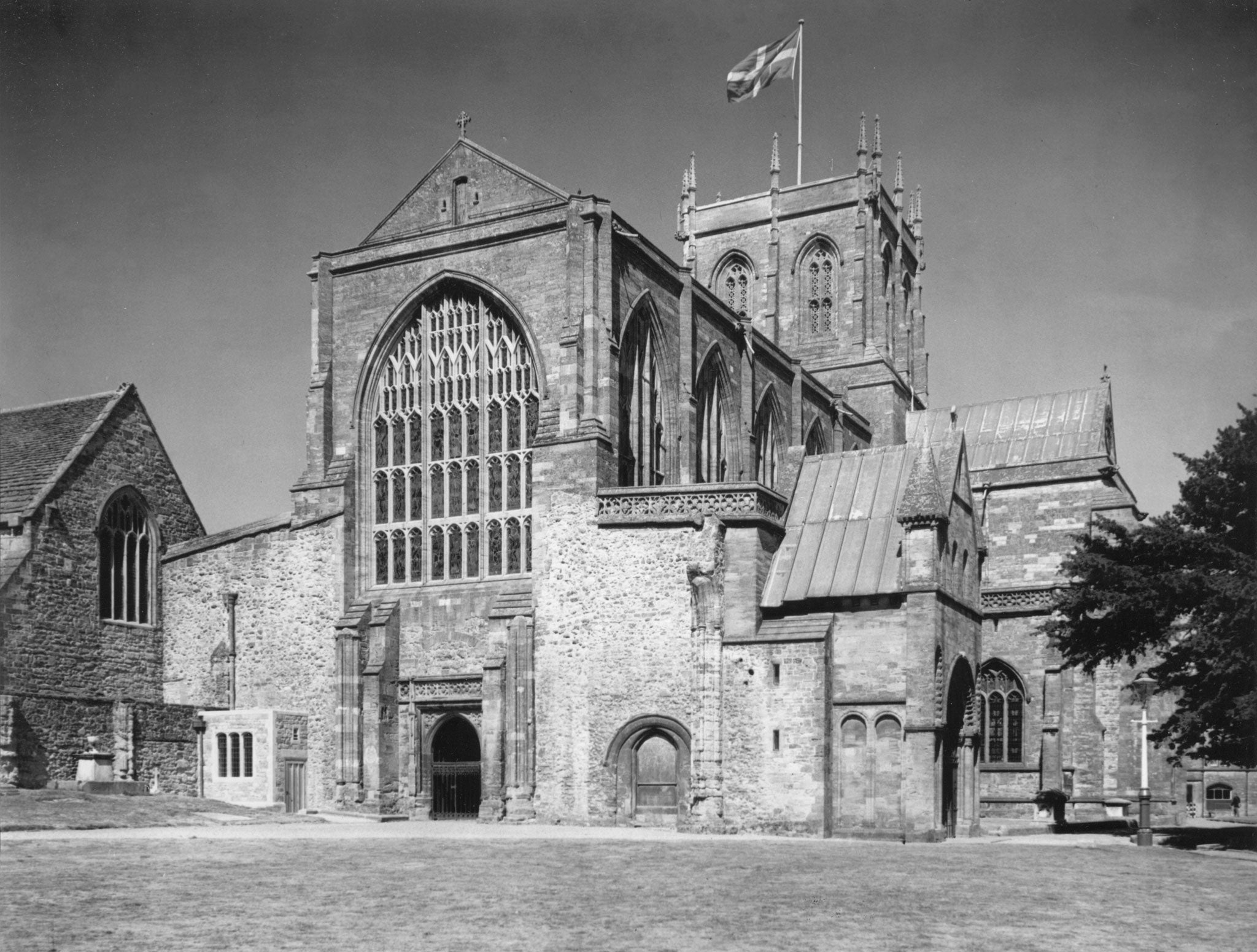Why do we only hear one side of society in Sherborne's Tesco spat?
The town's working class population have been left out of this debate

Your support helps us to tell the story
From reproductive rights to climate change to Big Tech, The Independent is on the ground when the story is developing. Whether it's investigating the financials of Elon Musk's pro-Trump PAC or producing our latest documentary, 'The A Word', which shines a light on the American women fighting for reproductive rights, we know how important it is to parse out the facts from the messaging.
At such a critical moment in US history, we need reporters on the ground. Your donation allows us to keep sending journalists to speak to both sides of the story.
The Independent is trusted by Americans across the entire political spectrum. And unlike many other quality news outlets, we choose not to lock Americans out of our reporting and analysis with paywalls. We believe quality journalism should be available to everyone, paid for by those who can afford it.
Your support makes all the difference.In the sleepy Dorset town of Sherborne, which boasts two castles and an abbey among its 360 listed buildings, a storm has been brewing.
Much has been made of my hometown’s fierce protests against Tesco, which plans to tear down a nearby hotel and replace it with a superstore.
Residents fear the store would cripple local businesses, scare off tourists and eventually grow into an unsightly boil on the face of one of England’s most peaceful and scenic towns.
Sherbornites – as they affectionately refer to themselves – have responded to Tesco’s mooted expansion with a petition of over 3600 signatures online, and an estimated 10,000 on paper. They even reeled in former Blue Peter presenter Valerie Singleton to join them on a march, in which local shopkeepers bravely boarded up their windows to signify the desolation a superstore could inflict on the high street.
As soon as the national press picked up the story, it was swiftly moulded into the “David & Goliath” media narrative: the plight of the townspeople against a heartless retail juggernaut.
But there is another side to this picturesque Wessex town which has hitherto evaded the media’s gaze.
Plummy
Sherborne is largely characterized by its abundance of elderly, wealthy and well-educated inhabitants, many of whom held high-powered jobs in the City before retirement. They make up around one third of its population according to the Sunday Times, who also placed it in their list of the best British towns last week.
Nonetheless, Sherborne is not inhabited exclusively by the elderly and the privileged. There are several council estates in the northern areas where families are struggling to keep living costs down, pay the bills, and eat well at a reasonable price. Some are struggling to afford even one out of those three necessities. This slight but significant working class contingency has received little attention in recent coverage of this small-town spat gone big. But they are still there.
The reality is that a store like Tesco, for all of its flaws and dubious side effects, would offer affordable food and clothing to those in Sherborne who need it.
The lack of attention to their side of the story seems benign at first. But it ought to strike a note of caution about an underlying snobbishness towards the encroachment of working class culture in Sherborne and other market towns like it.
Just take a look at the photographs and video footage online of the dispute, which is dominated by fuming, plummy-voiced residents in Barbour jackets and tweed caps, broken up now and then by a sound bite from Val off Blue Peter.
Even the local vicar has waded into the broil of this profoundly middle-class battlefield. In the Mail Online’s coverage, there is a snap of him railing against the retail giant with gusto, bedecked in grand black and scarlet ministerial robes. It is puzzling to see a senior member of the Church publicly denounce a business venture that might help out the most financially vulnerable in the local community.
This is not a slight on Sherborne’s wealthier and/or more pious residents – I am told for instance that Sherborne Abbey is part of the town’s Chamber of Commerce, which explains their stance on the affair – but it clearly reflects a whiff of apathy towards others in the town who are really straining under the weight of our current economic climate.
Class division
Let’s be clear: there is no question a Tesco in Sherborne could pose a threat to its gifted local businesses, which deserve as much support as they can get. It is also crucial that the town’s identity as a hotbed for tourism and Dorset beauty spot remains intact. Those who express concerns on these grounds, as well as stressing the need for more hotels in Sherborne to maintain its excellent tourism prospects , are absolutely right to do so.
Yet in my experience of the town, where I grew up and whose local comp I attended,there has always been a palpable, occasionally even hostile, sense of class division. Among younger generations this is largely because pupils at the only state school in town are vastly outnumbered by the whopping five independent schools that Sherborne also plays host to. The recent anti-Tesco furore has revealed this internal division more clearly than any inter-school rugby match could ever aspire to do.
Class-motivated gripes aside, Sherborne is a fascinating town steeped in rich history. Tourists would be foolish to miss out on its stunning architecture and its many friendly, charismatic residents
But I fear that in the public eye these anti-Tesco protests are beginning to appear less akin to a modern David & Goliath narrative and more like a caricature of middle-England at its most snobbish.
Join our commenting forum
Join thought-provoking conversations, follow other Independent readers and see their replies
Comments